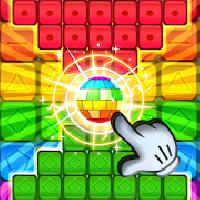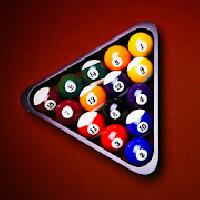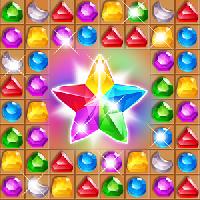|
Discussion in 'poker-card-game' started by Asim -
Jul 26th, 2023
12:14 pm.
|
|
Asim
|
 - Start with Strong Hands:
   
     - Play premium starting hands like high pairs (e.g., A-A, K-K), high cards of the same suit (e.g., A-K suited), and consecutive cards (e.g., Q-J, 10-9). This gives you a better chance of winning the pot.
   
 
 - Position Matters:
   
     - Pay attention to your position at the table. In later positions, you have more information about your opponents' actions, allowing you to make better decisions.
   
 
 - Be Mindful of Your Bankroll:
   
     - Manage your bankroll wisely and avoid going all-in on marginal hands. Set limits for yourself to prevent excessive losses.
   
 
 - Watch Your Opponents:
   
     - Observe your opponents' playing style and betting patterns. Look for weaknesses or patterns that you can exploit.
   
 
 - Bluff Strategically:
   
     - Bluffing is an essential part of poker, but use it selectively and strategically. Bluff when the situation is favorable, and your story makes sense.
   
 
 - Avoid Tilt:
   
     - Tilt refers to emotional frustration that affects your decision-making. If you experience a bad beat, take a short break to regroup and avoid making impulsive moves.
   
 
 - Practice Bankroll Management:
   
     - Stick to the "1% rule" for cash games - avoid risking more than 1% of your bankroll on a single hand. For tournaments, don't risk more than 2-5% on any given stage.
   
 
 - Pot Odds and Hand Odds:
   
     - Understand pot odds and hand odds to make better decisions. Pot odds determine if a call is profitable, while hand odds help you evaluate drawing hands.
   
 
 - Adapt to Table Dynamics:
   
     - Be flexible and adjust your playstyle based on the table dynamics, the skill level of your opponents, and the flow of the game.
   
 
 - Study and Learn:
   
     - Continuously improve your poker skills by studying books, watching videos, and reviewing your hand histories to identify areas of improvement.
   
 
|
Important note: If you really love playing games. Please support game developers and buy atleast one small game package.
This Website is not affiliated with Poker Card Game. trademarks are the property of their respective owners. Game content and materials copyright Poker Card Game. all right reserved.






















